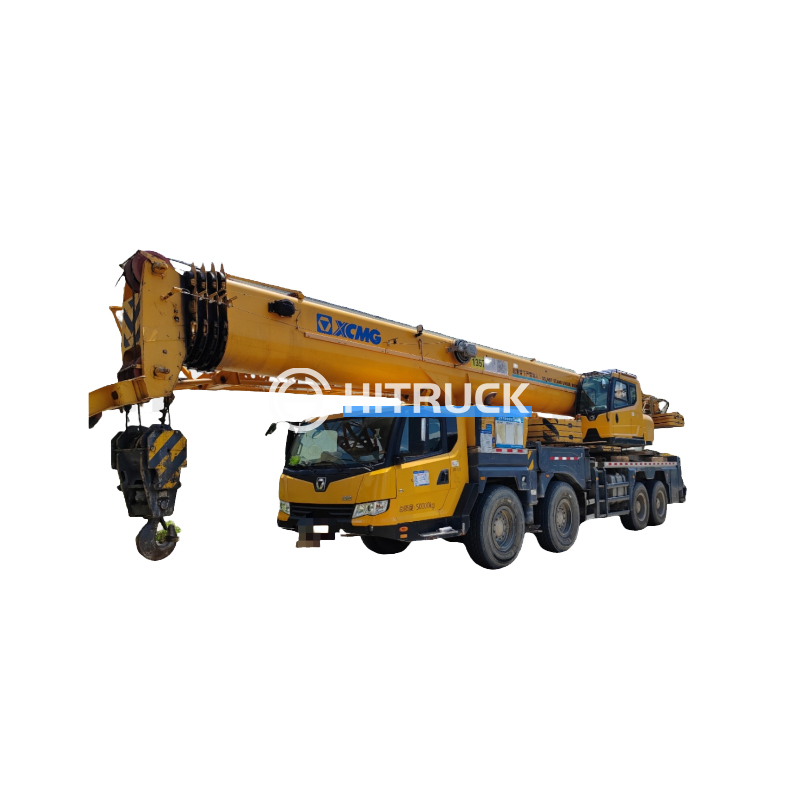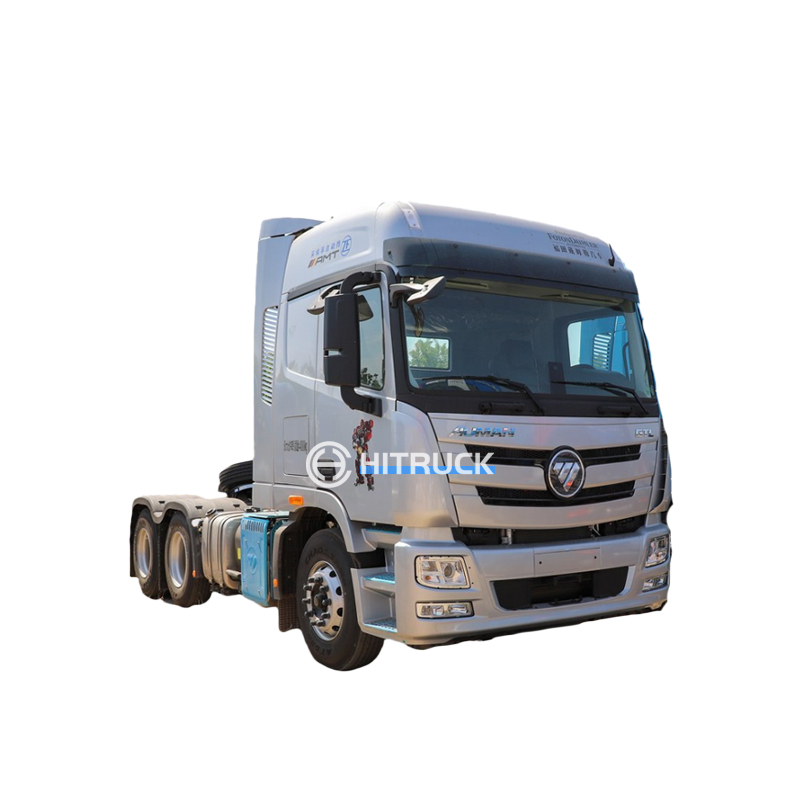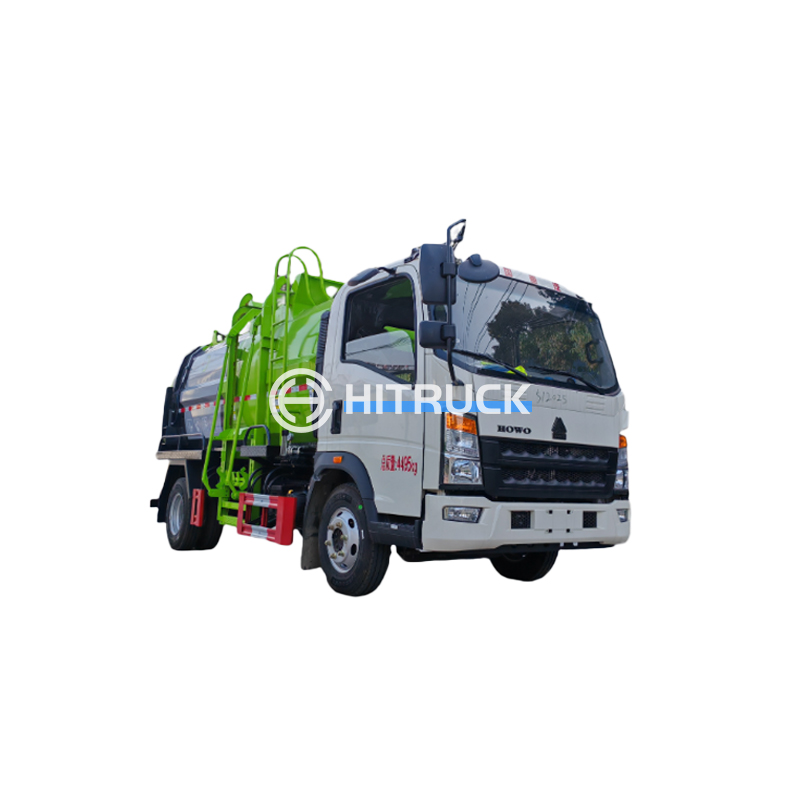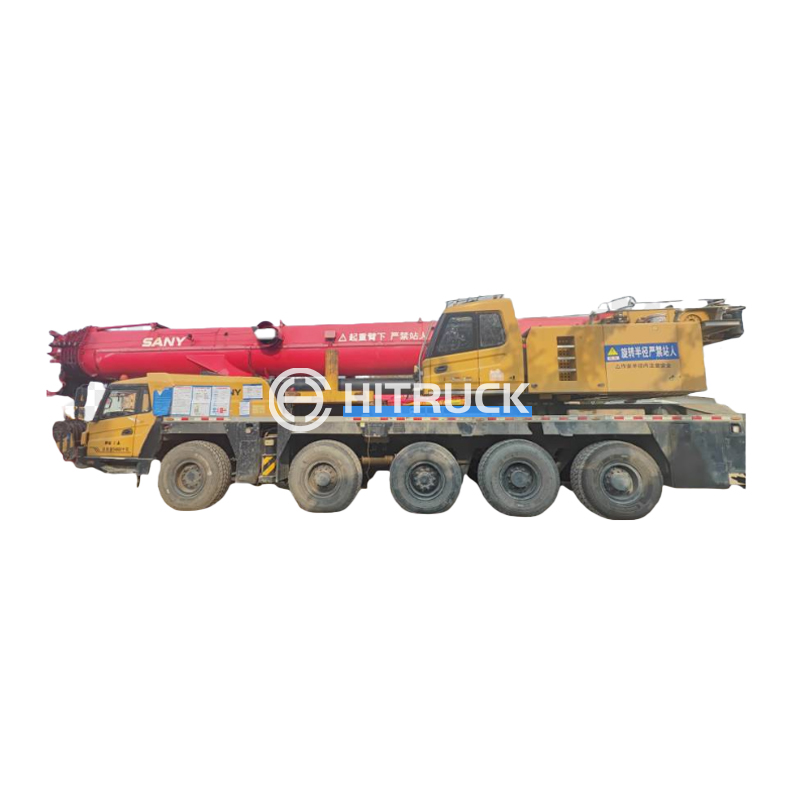Starting a dump truck business requires careful planning, strategic execution, and a deep understanding of the industry. This comprehensive guide covers everything from initial setup to long-term success, helping you navigate the challenges and capitalize on opportunities in this dynamic sector. We'll explore essential aspects like acquiring trucks, securing contracts, managing finances, and building a strong reputation. By the end, you'll have a clear roadmap to launch and grow a profitable dump truck business.
Before investing in a dump truck business, thorough market research is crucial. Identify your target market (construction companies, landscaping firms, etc.) and assess the demand for dump truck services in your area. Consider factors like population growth, infrastructure projects, and seasonal variations in demand. Analyzing competitor pricing and services will also inform your business strategy. Understanding local regulations and licensing requirements is essential before you even think about purchasing your first truck.
The type of dump truck you choose depends heavily on the types of jobs you anticipate. Consider factors such as payload capacity, maneuverability, and terrain suitability. Common types include end-dump trucks, side-dump trucks, and transfer trailers. Each type offers advantages and disadvantages, and your decision should be based on a thorough cost-benefit analysis, aligning your truck choice with the projects you intend to undertake. For a wide selection of high-quality trucks, consider exploring options like those available at Suizhou Haicang Automobile sales Co., LTD.
Purchasing or leasing dump trucks is a significant investment. Carefully evaluate the costs associated with purchasing new or used trucks, including maintenance, insurance, and fuel. Consider your budget and projected revenue when making your decision. Regular maintenance is key to maximizing the lifespan of your equipment and minimizing downtime. Factor in the cost of repairs and routine servicing when budgeting.
Obtain all necessary licenses and permits to operate legally. This includes business licenses, operating permits, and insurance coverage (liability, cargo, and worker's compensation). Compliance with safety regulations is paramount, and neglecting these aspects can lead to significant legal and financial repercussions. Ensure your trucks are regularly inspected and meet all safety standards.
Depending on the scale of your operation, you may need to hire drivers and other personnel. Thoroughly vet potential employees, ensuring they have the necessary experience, qualifications, and a clean driving record. Competitive wages and benefits packages can help attract and retain skilled employees. Proper training and safety protocols are essential for maintaining a safe and productive work environment.
Networking is vital for securing contracts. Attend industry events, join relevant associations, and actively cultivate relationships with potential clients (contractors, construction companies, etc.). Building trust and a reputation for reliability will be instrumental in acquiring consistent work.
Establish a professional website and utilize online marketing strategies like SEO and social media to reach potential clients. A well-designed website showcases your services, equipment, and contact information. Online advertising can help you target your ideal customers. Remember that a strong online presence complements your in-person networking efforts.
Develop a competitive yet profitable pricing strategy. Consider factors like operating costs, market rates, and your profit margin. Accurate cost accounting is essential for tracking expenses and ensuring your business remains financially sound. Regular financial analysis will allow you to make informed decisions regarding pricing and operational efficiency.
Maintain meticulous financial records and monitor cash flow closely. Efficient invoice processing and timely payments are crucial for maintaining a positive cash flow. Consider using accounting software to streamline your financial management and generate reports for informed decision-making.
| Type | Payload Capacity | Maneuverability | Terrain Suitability |
|---|---|---|---|
| End-Dump | High | Moderate | Good (on paved surfaces) |
| Side-Dump | Moderate | Good | Good (various terrains) |
| Transfer Trailer | Very High | Low | Good (paved surfaces) |
Remember, success in the dump truck business depends on careful planning, strong execution, and a commitment to providing high-quality service. By following these steps and adapting them to your specific circumstances, you can build a thriving and profitable enterprise.












